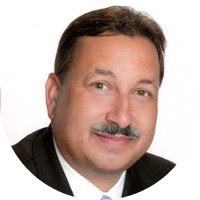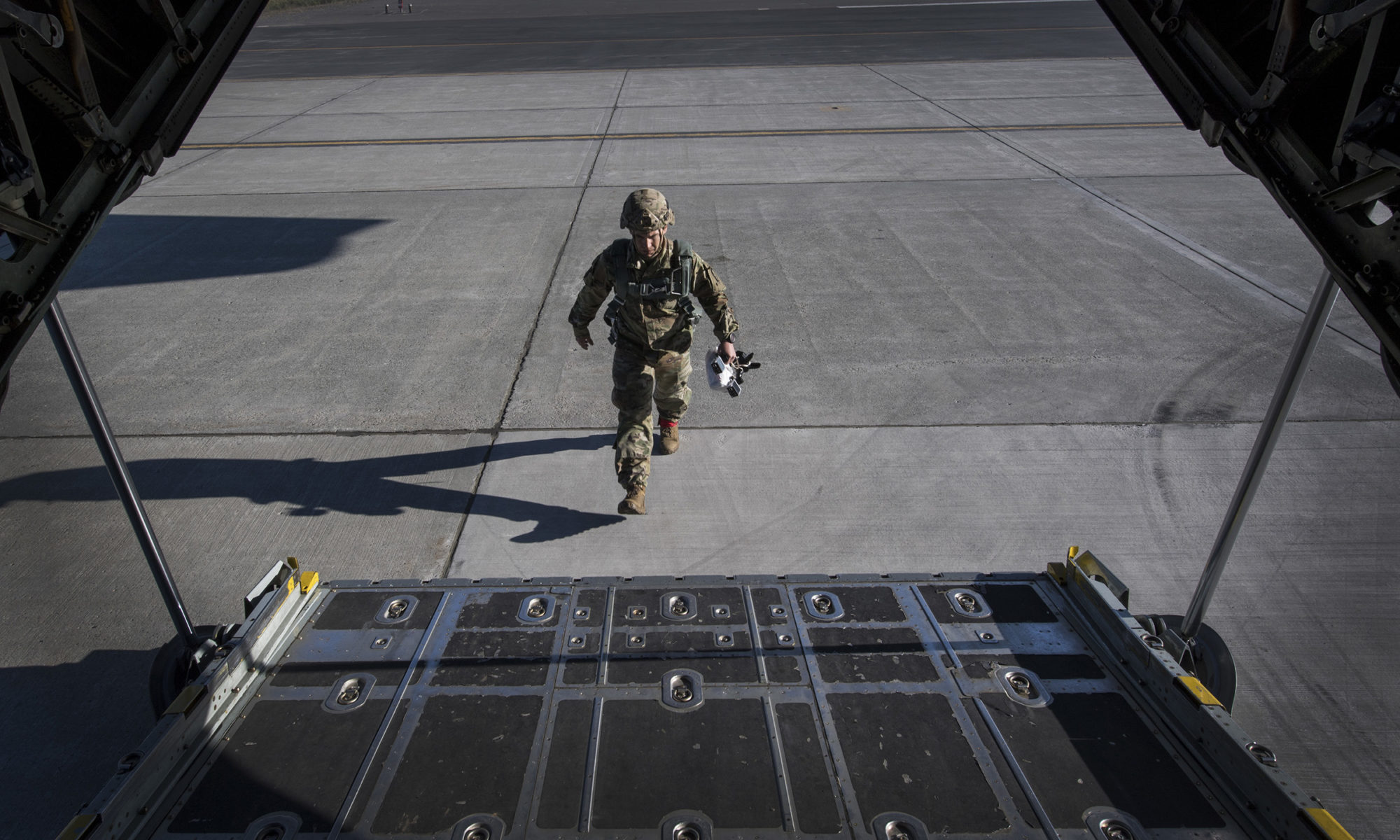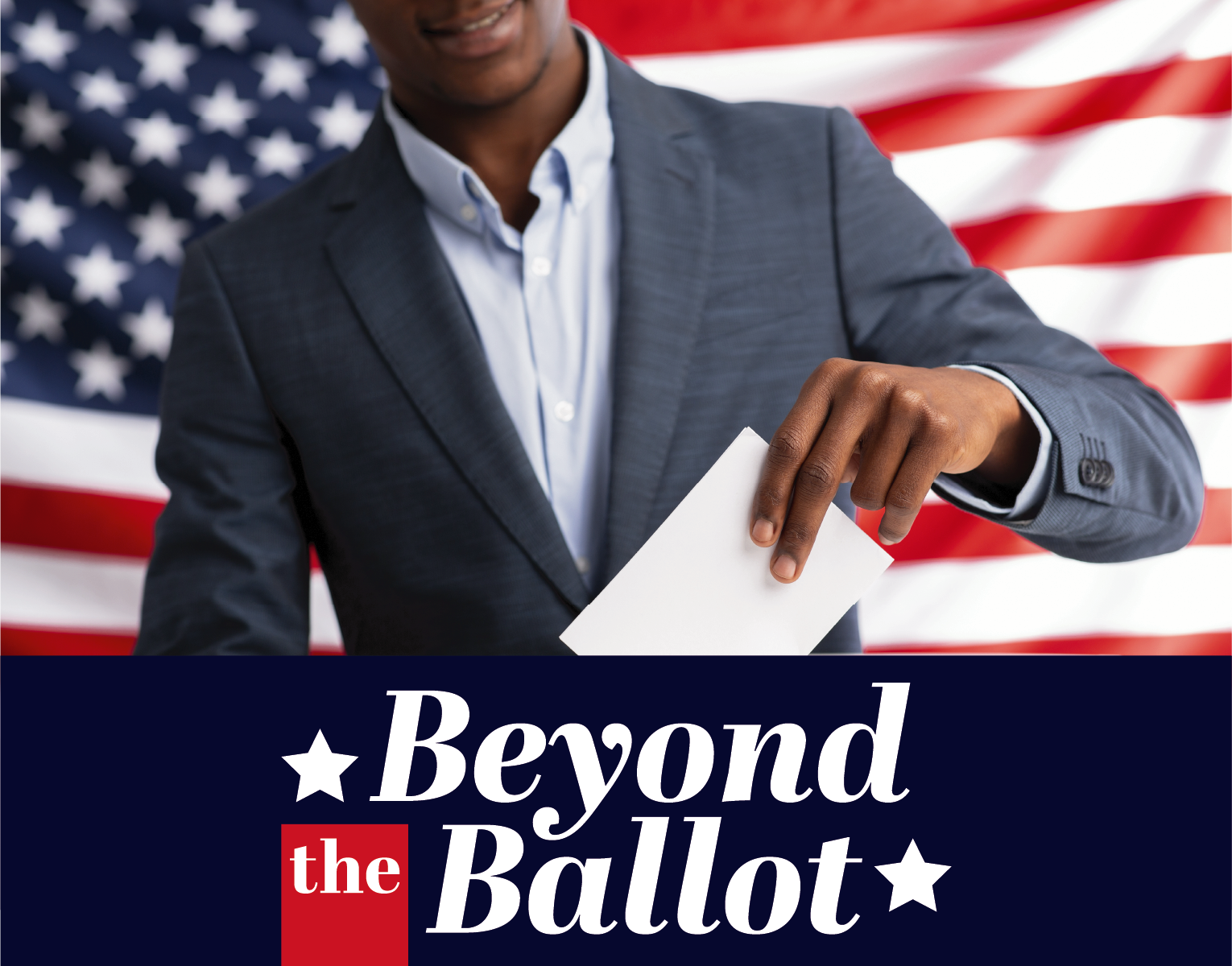
In the late 1970s, Lance Gough made the decision to relocate from Southern California to the Midwest’s Windy City. Shortly thereafter, Gough entered one of Chicago’s many election offices in search of temporary work. After filling out a brief application, he was hired on the spot. Unbeknownst to Gough, what started as a temporary position would quickly turn into a life-long passion and distinguished professional career as Executive Director of the Chicago Board of Election Commissioners.
Since walking into the election office that day, Gough has undertaken numerous roles for the Board, ranging from the records processing division to investigations and IT. Through these experiences, Gough came to understand the many facets of election administration and the importance of well-trained staff. As such, he played an integral role in the Board’s efforts to cross-train staff so that any individual could troubleshoot a broad range of issues. Within a few short years, Gough’s work culminated in his appointment as Executive Director – a role in which he served for over 30 years. Although Lance has now retired, he works with the Board in an advisory capacity.
Throughout his tenure as Executive Director, Gough was responsible for managing voter registration and election administration for over 1.5 million voters. He managed change during an era of unprecedented changes in election administration. Examples include: the transition from punch cards to optical scanners and touch screens; the introduction of electronic poll books; expanded registration with online and election-day programs; and the launch of in-person early voting, no-excuse Vote By Mail and Secured Drop Boxes. According to Gough, these transformations had a significant and lasting impact on his role as Director. In addition to modernizing administrative processes, Gough has sought to prioritize engagement with voters and ensure accessibility for individuals with disabilities and language barriers.
To achieve these goals, Gough spearheaded many pioneering initiatives within his jurisdiction. These initiatives include the integration of an automated text messaging system to help voters find their polling place and the implementation of a web-based system to allow uniformed and overseas voters to access and mark their ballots instantly online, then return them by mail. According to the Board’s records, this system led to a 25.4% increase in the rate of military/overseas ballots returned in his jurisdiction.
Throughout his career, Gough also has built lasting partnerships with community leaders and organizations to better engage with voters and ensure accessibility in the conduct of elections. In recent years, the Board of Election Commissioners has worked with Equip for Equality and the U.S. Justice Department to make every polling place in Chicago accessible to voters with disabilities. Gough also has developed a strong relationship with the United States Hispanic Leadership Institute. This sustained collaboration has facilitated the recruitment of young Latinx poll workers and provided the Board of Commissioners with a valuable resource for enhancing language accessibility.
Under Gough’s leadership, the Chicago Board of Election Commissioners has fostered a strong partnership with Chicago’s branch of the Mikva Challenge, a non-profit organization empowering youth to be active, informed citizens. Under Gough, this program grew over 20 years from 100 high school poll workers to approximately 2,000 high school poll workers being recruited, trained and assigned to work at every citywide election. The work of youth in the city’s elections has helped fully staff the polling places and mitigate the introduction of new balloting-system technology.
When asked about the impact of the program, Lance recalled his experience during a poll worker training that highlighted the value of the younger generation’s technical skills within the polling place. Prior to each city-wide election, the Board holds various trainings to educate voters on polling place procedures and voting equipment. At one training in particular, students in attendance were able to set up the voting equipment so quickly that precinct staff were left unsure of how to fill the remaining time. As this story shows, young poll workers have provided precincts with staff that can operate voting equipment with minimal instruction and supervision, saving the city money and time.
Partnerships such as with the Mikva Challenge not only have enhanced voter engagement and polling place accessibility, but also helped the city navigate the 2020 primary and presidential election. Just days before the March 2020 Primary, owners of 186 polling locations declined to open due to the public health concerns posed by COVID-19. Through outreach conducted by the Board of Election Commissioners in conjunction with their community partners, the Board and Gough managed to expand the capacity of early voting sites with adequate Personal Protection Equipment (PPE). This work minimized the adverse impact of polling place closures on voters while also prioritizing the health and safety of the city’s poll workers.
For at-risk members of the community, absentee voting was expanded throughout the primary to minimize risk of exposure to COVID-19. According to Gough, poll workers and voters alike expressed concern regarding the safety and continued operation of a local nursing home’s voting program. Upon obtaining the necessary court authority, the Board successfully converted this location into an absentee voting program.
In the summer months ahead of the November 2020 General Election, the coronavirus pandemic worsened. Having learned from the challenges of the primary, Gough and the Board had the proper contingency protocols in place to ensure the election was conducted safely and securely. Polling locations and staff were equipped with adequate PPE and sanitizing supplies such that they were able to supply face masks to any voter in need. Ealy voting locations, drop boxes and vote by mail were expanded to allow voters to avoid in-person election day crowds. As a result, more than 550,000 Vote-By-Mail applications were processed and 50% of the city’s mailed ballots were returned via drop box. Between Vote By Mail and Early Voting, roughly 8 of every 11 ballots were cast before Election Day. As a result, Chicago had its smoothest Election Day, even as the city experienced its highest Presidential Election turnout in 36 years.
Although there are many takeaways from the 2020 election cycle, at the forefront is the value and importance of the community partnerships that Gough has forged throughout his career. As Gough transitions into retirement, the wider elections community will undoubtedly continue to build on the foundation he laid, most notable for its focus on advocacy – for Chicago’s voters and poll workers alike.


